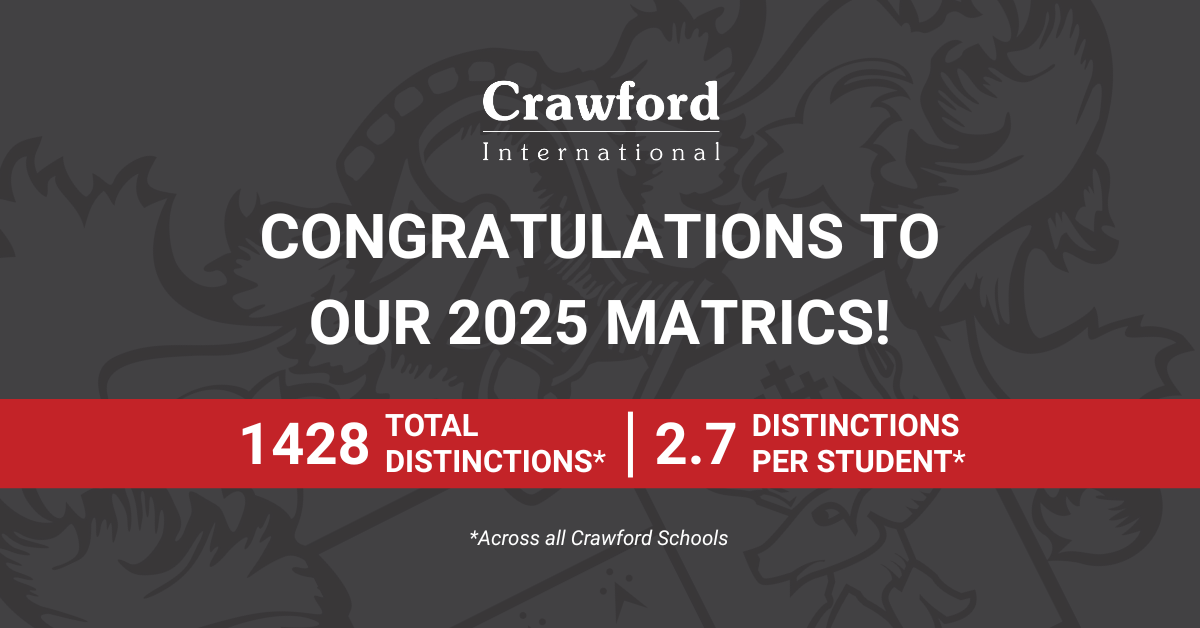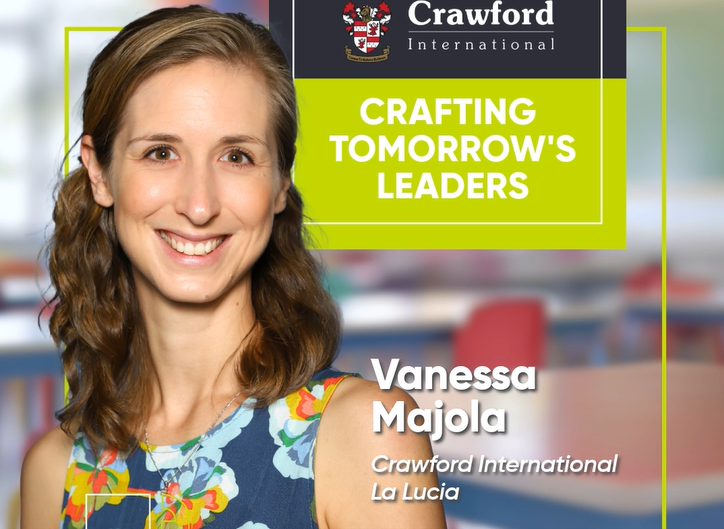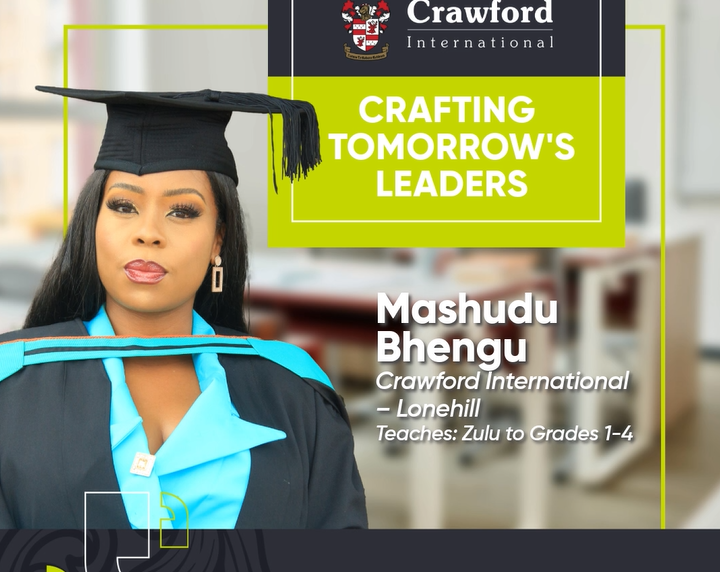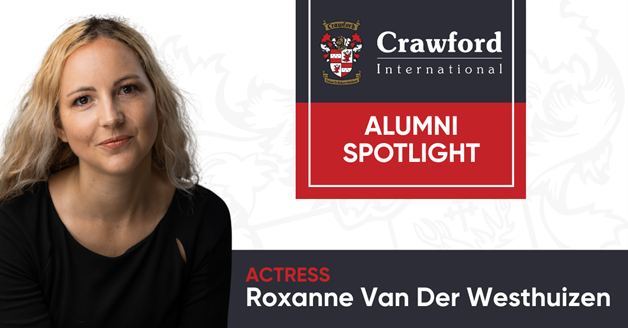How to boost Child Cognitive Development
August 19, 2022
Your child’s cognitive/intellectual development is all about their intellectual skills – how they think, process information, figure things out, develop skills, and decipher the world around them.
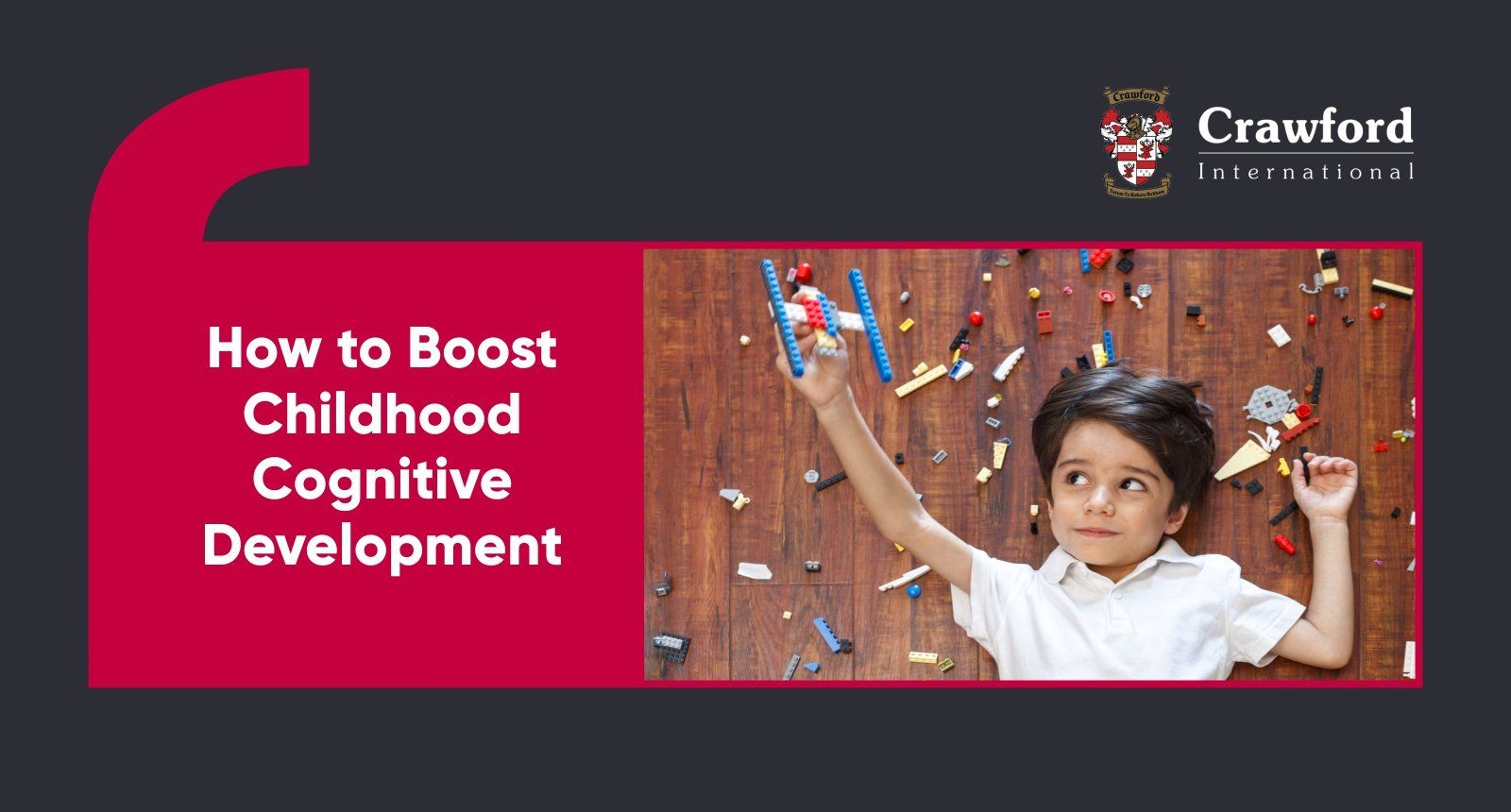
Cognitive development is something that really starts in the womb and continues to develop from the moment your child is born and into their school years. And while their genes do play a role, your child’s environment, stimulation, and parental interaction have a huge impact on this intellectual development. So do sleep and nutrition.
What are the 4 stages of cognitive development?
As your child grows from baby into child, their intellectual skills, and abilities progress to more advanced levels as they get older. This is because as your child interacts with you and the world around them, they are constantly learning new things and picking up new skills. How this childhood cognitive development unfolds is a theory of four stages explained by French psychologist Jean Piaget. Here is a brief explanation of each stage:
1. The Sensorimotor Period (birth to 2 years)
This is a stage of dramatic growth and learning that happens over a short period of time. Children not only learn how to crawl and walk, but a lot of their language development happens now too.
The characteristics of this phase are:
- Baby learns through movements and senses, as well as imitation and symbolic play as they get older.
- Basic actions like sucking, grasping, looking and listening provide intellectual input.
- Object permanence (knowing something still exists even when it’s not visible) and cause and effect (their actions affect the world around them) develop here.
- Because your child hasn’t developed a concept of time yet, they can only focus on the present moment.
- Young babies don’t link words to things or concepts, this happens over time as your child’s language develops.
2. The Pre-operational Period (2 to 7 years)
This where all the foundational language work laid in the first stage comes to fruition. A child will still struggle with logic and continues to be egocentric during this phase. As they grow older, they start being able to see things from another’s point of view.
During this period:
- A child learns a lot through pretend play.
- They know the world as they see and experience it.
- They begin to think symbolically and can use words and pictures to represent objects.
- Language and thinking develop but they still see the world in concrete terms, often attaching their own meanings to words.
- A child identifies with their models, learning by imitating them and looking at them with awe.
- Social development starts.
3. The Concrete Operational Stage (7 to 11 years)
During this phase, children start to think more about how others might think and feel about things. They also start to realise that not everyone thinks or feels the way they do – that everyone has their own opinion of things. More characteristics of this period are:
- Thinking becomes more logical, and a child learns to categorise, classify, and place things into hierarchies.
- They can also use deductive reasoning – where they can make conclusions about things.
- Concrete thinking is still present, so they may struggle with abstract or hypothetical thinking.
4. The Formal Operational Stage (11 years and up)
In the final stage, a child no longer relies on concrete thinking now, so there’s an increase in logic in this period. They can now also use deductive reasoning and understand abstract ideas. During this phase:
- A child can think of multiple potential solutions to problems instead of one or two.
- They can think about the world from a more scientific point of view, using hypotheses and testing them.
While the process above outlines how cognitive happens, remember that it’s merely an outline. The bottom line is that a child is an active participant in their learning – what they are exposed to adds to their expanding knowledge.
Because they are innately curious about their world, it’s important to provide age-appropriate stimulating, engaging activities and encourage them to explore the world around them. Look out for our next blog on Cognitive Development, where we talk about ways to give your child’s cognitive development a boost.
Read more Crawford International parenting blogs here.
